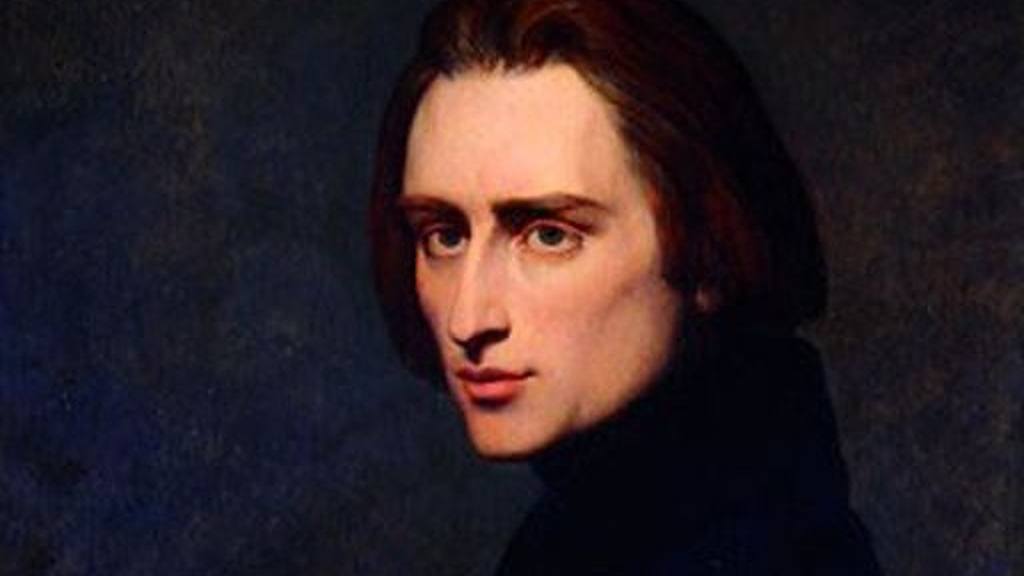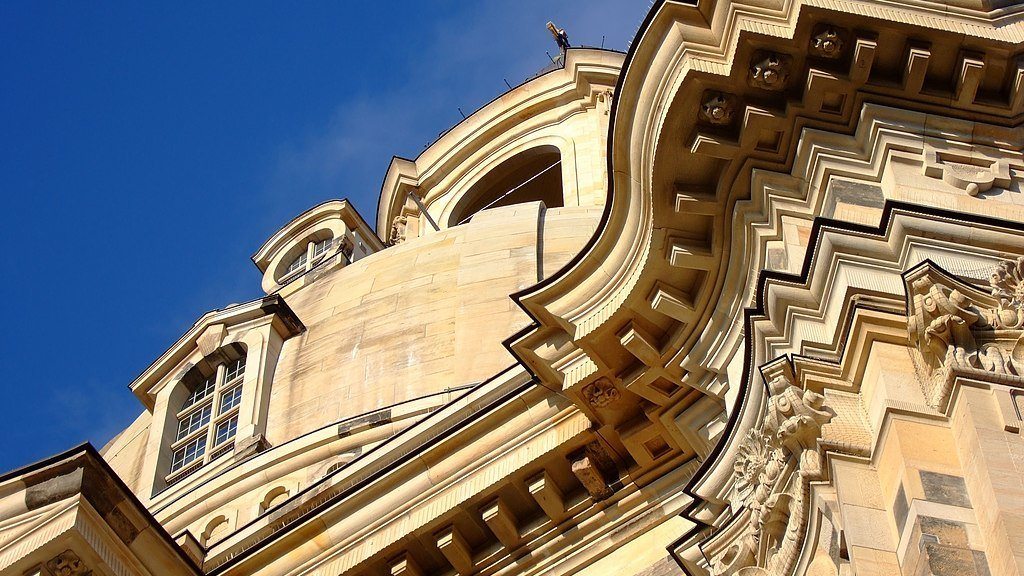Remembering Stephen Sondheim
Stephen Sondheim, one of the giants of the American musical theater, has passed away at his home in Roxbury, Connecticut. He was 91. Sondheim was the composer and lyricist for musicals including: A Funny Thing Happened on the Way to the Forum (1962), Company (1970), Follies (1971), A Little Night Music (1973), Sweeney Todd: The Demon Barber of Fleet Street (1979), Sunday in the Park with George (1984), and Into the Woods (1987). …







